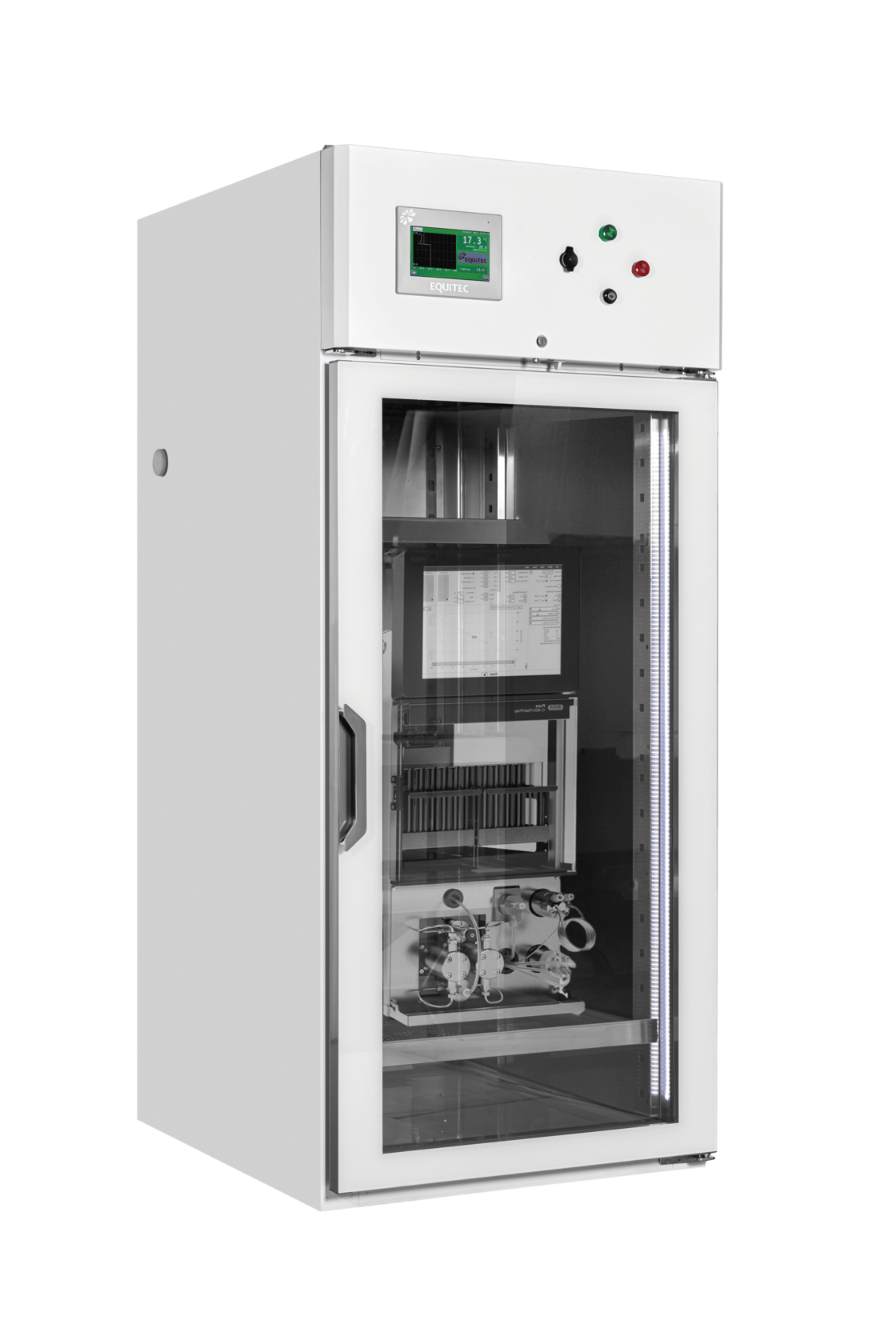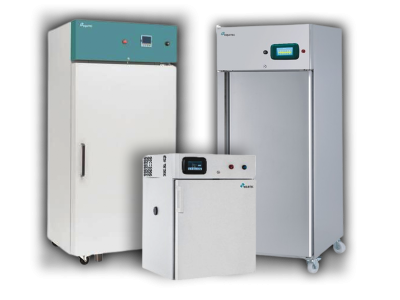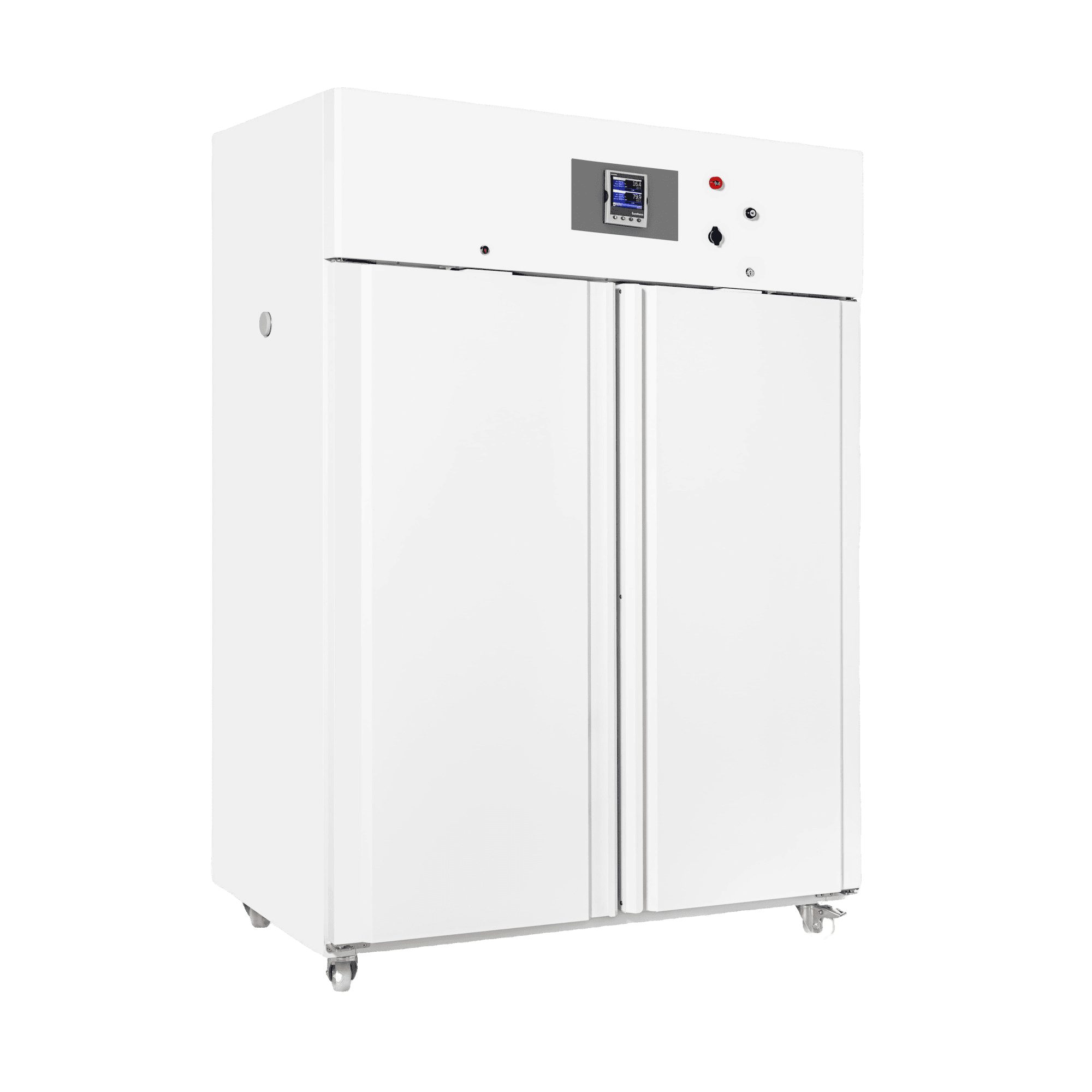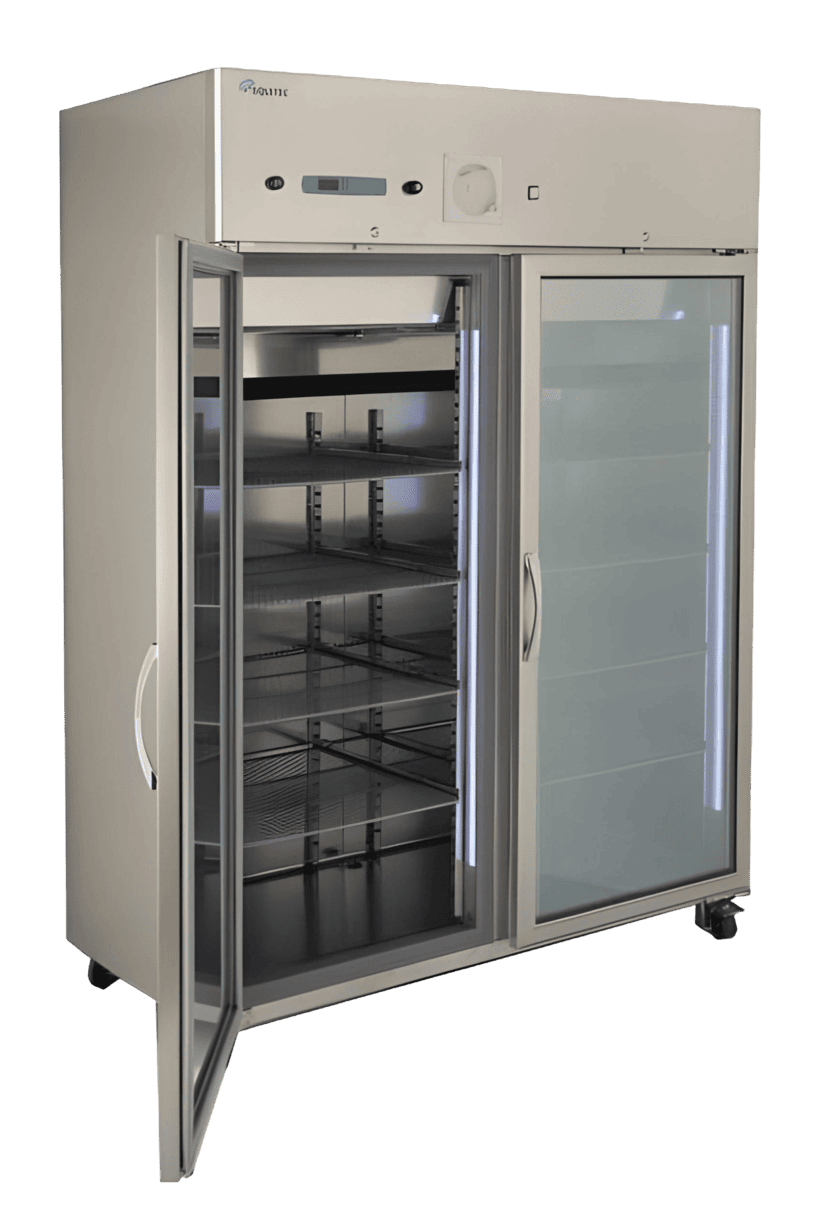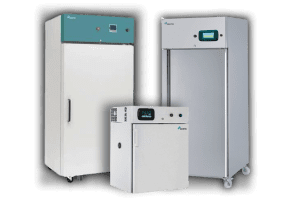Incubators show great versatility within the laboratory environment, being essential tools in a wide range of scientific disciplines and practical applications. The following are some of the uses and applications of our incubators in the laboratory.
Cell Culture:
Incubators are essential for culturing cells under controlled conditions.They facilitate cell proliferation, enabling significant amounts of cellular material to be obtained for biological and medical research.
Microbiological Research:
In microbiology, incubators are used to incubate bacterial and fungal cultures.
They provide an optimal environment for the growth and study of microorganisms, allowing research on pathogenicity, antibiotic resistance, among others.
Molecular Biology:
They facilitate polymerase chain reaction (PCR) experiments, vital for DNA amplification.
Controlled incubator conditions ensure accurate and reproducible results in molecular biology techniques.
Cryopreservation:
Some incubators offer ideal conditions for long-term cryopreservation of biological samples.
They maintain ultra-low temperatures that allow the preservation of cells, tissues and microorganisms for future studies.
Tissue culture:
In biology and medical research, incubators are essential for tissue culture.
They provide a controlled environment to study the viability and functionality of tissues under conditions similar to those of the human body.
Developmental studies:
In the field of developmental biology, incubators are used to study the growth of embryos and organisms under controlled conditions.
They facilitate the observation of processes such as cell differentiation and embryonic development.
Vaccine production:
In the pharmaceutical industry, incubators are essential for vaccine production.
They provide ideal conditions for the culture of cells used in the production of antigens and immunising agents.
Sterility Testing:
In clinical and pharmaceutical laboratories, incubators are used to perform sterility tests on products and materials.
They ensure that products are free of contaminants before use or marketing.
Environmental research:
In environmental studies, incubators are used to simulate specific conditions and evaluate how organisms respond to environmental changes.
They help to understand the adaptation of organisms to different environments.
Microalgae Culture and Bioremediation:
Incubators are used in microalgae research for biofuel production and in bioremediation studies.
They provide controlled conditions to optimise the growth of microorganisms that can be used in environmental processes.
